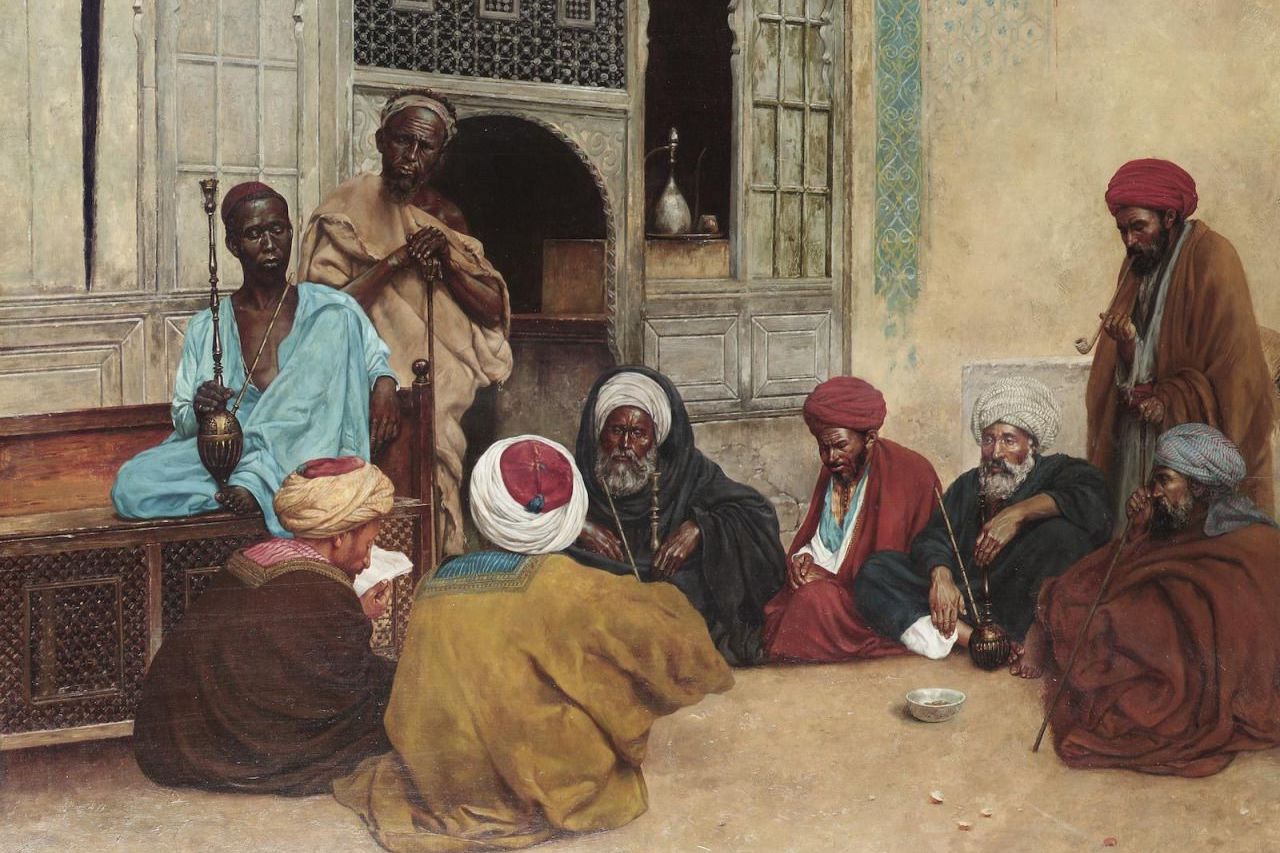
Amadu's Jihad was a significant event in West African history, led by Amadu Lobbo in the early 19th century. This movement aimed to establish a theocratic state based on Islamic principles. Why did Amadu's Jihad matter? It reshaped the political and social landscape of the region, influencing future generations. The jihad led to the creation of the Massina Empire, which became a center for Islamic learning and culture. How did it impact the people? It brought about changes in governance, law, and education, affecting the daily lives of many. Understanding these 30 facts about Amadu's Jihad will give you a clearer picture of its importance and lasting legacy.
Key Takeaways:
- Amadu's Jihad, led by Fulani scholar Amadu Lobbo, transformed West Africa through military conquests, widespread conversion to Islam, economic changes, and cultural impact, leaving a lasting legacy in the region's history.
- The jihad's impact included the spread of Islamic education, architectural influence, economic shifts, and the preservation of important manuscripts. Despite facing challenges and eventual decline, its legacy continues to shape West Africa today.
The Origins of Amadu's Jihad
Amadu's Jihad, also known as the Fulani Jihad, was a significant historical event in West Africa. It reshaped the region's political and religious landscape.
- Amadu's Jihad began in 1818 in the region that is now modern-day Mali.
- The movement was led by Amadu Lobbo, a Fulani scholar and religious leader.
- Amadu Lobbo was inspired by the teachings of Usman dan Fodio, who led a similar jihad in Nigeria.
- The primary goal was to establish an Islamic state governed by Sharia law.
Key Battles and Conquests
The jihad involved numerous battles and strategic conquests that expanded Amadu's influence across West Africa.
- The Battle of Hamdullahi in 1818 marked the beginning of Amadu's military campaigns.
- Amadu's forces captured the city of Djenné, a major center of trade and Islamic learning.
- The jihadists also took control of Timbuktu, another significant cultural and religious hub.
- By 1820, Amadu's forces had established control over the entire Macina region.
Social and Religious Impact
Amadu's Jihad had profound effects on the social and religious fabric of the region.
- The jihad led to the widespread conversion of local populations to Islam.
- Islamic schools and mosques were established throughout the conquered territories.
- Amadu Lobbo implemented Sharia law, replacing traditional African legal systems.
- The Fulani leaders promoted Islamic education, leading to a rise in literacy rates.
Economic Changes
The jihad also brought about significant economic transformations in the region.
- Trade routes were secured and expanded under Amadu's rule.
- The economy shifted from a focus on traditional agriculture to include more trade and commerce.
- Amadu's administration imposed taxes on trade, which funded further military campaigns.
- The jihadists encouraged the spread of Islamic banking practices.
Cultural Legacy
The cultural impact of Amadu's Jihad can still be felt in West Africa today.
- The Fulani language and culture spread throughout the region.
- Islamic architecture, including mosques and schools, became prominent in cities like Djenné and Timbuktu.
- Amadu's rule led to the preservation and copying of important Islamic manuscripts.
- The jihad inspired future generations of Islamic leaders and scholars.
Decline and Legacy
Despite its initial success, Amadu's Jihad eventually faced challenges that led to its decline.
- Internal conflicts and power struggles weakened the jihadist state.
- French colonial forces began to encroach on the region in the late 19th century.
- By 1893, the French had effectively dismantled the Fulani Empire established by Amadu.
- The legacy of Amadu's Jihad lives on in the continued practice of Islam in the region.
Notable Figures
Several key figures played crucial roles in the success and administration of Amadu's Jihad.
- Amadu Lobbo's son, Amadu II, succeeded him and continued his father's policies.
- Sheikh Sidi al-Mukhtar al-Kunti, a prominent Islamic scholar, supported the jihad.
- Many local leaders and chiefs allied with Amadu, providing crucial support.
- Women also played roles in the jihad, particularly in supporting the establishment of Islamic education.
Historical Significance
Amadu's Jihad remains a significant event in the history of West Africa.
- It marked one of the largest and most successful Islamic movements in the region.
- The jihad reshaped the political, social, and religious landscape of West Africa, leaving a lasting legacy.
Final Thoughts on Amadu's Jihad
Amadu's Jihad, a pivotal event in West African history, reshaped the region's political and cultural landscape. The movement, led by Amadu Lobbo, aimed to establish a theocratic state based on Islamic principles. It succeeded in creating the Massina Empire, which thrived on trade, agriculture, and a strong educational system. The jihad also played a crucial role in spreading Islam and unifying various ethnic groups under a common religious and political framework.
Understanding the impact of Amadu's Jihad helps us appreciate the rich history and cultural diversity of West Africa. It also highlights the importance of leadership, faith, and community in shaping societies. By learning about such historical events, we gain valuable insights into the forces that have shaped our world and the enduring legacy of those who fought for their beliefs.
Frequently Asked Questions
Was this page helpful?
Our commitment to delivering trustworthy and engaging content is at the heart of what we do. Each fact on our site is contributed by real users like you, bringing a wealth of diverse insights and information. To ensure the highest standards of accuracy and reliability, our dedicated editors meticulously review each submission. This process guarantees that the facts we share are not only fascinating but also credible. Trust in our commitment to quality and authenticity as you explore and learn with us.
